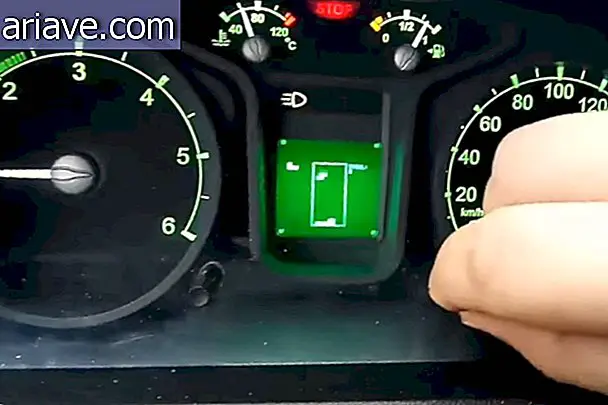Robot gains artificial intelligence for Mars operations
Ever since man stepped on the moon and spoke that mangled phrase about steps, humanity has begun to theorize about the possibility of exploring environments off Earth. The Justin robot was designed for a similar purpose for operations on Mars. Made by the German institute DLR, it has been exhibiting at fairs since 2006, but the news is that Justin now has artificial intelligence, meaning he can think and make decisions.
The goal is to use this type of robot to perform tasks and handle tools in places in space that can be dangerous to us. Considering the characteristics of the human body, the risks of the uninviting Martian surface, the long journeys and the dangers of space, the plan is to work with subjects like Justin.

The robot can take and upload photos, handle tools, pick up objects in the air, as well as move around obstacles. With the recent update, it can also do some complex activities independently, unlike other robots, which need to be controlled or programmed in advance for almost all their movements.
Object recognition software allows the Justin robot to explore its surroundings and to perform activities such as cleaning, inspection, equipment maintenance and object transport. His last successful operation was the repair of a faulty solar panel in a Munich lab.

In this action, he did everything in just a few minutes semi-autonomously, being directed via tablet by Paolo Nespoli, astronaut. He (currently at the ISS - International Space Station) just oriented the robot without actively having to operate it. For example, only by giving the command "inspect solar panel" did the robot respond with a sequence of actions and then present all the information to the astronaut independently.
Here we enter one of the coolest features, which is its speed at hand. When an object is thrown toward you, it can accurately predict and calculate its route and then position your hand to catch it. He does it in 5 milliseconds. You can see a little more of it in the video below, about the DLR (from 30 seconds).
In addition to its own research, DLR, as a space agency, is responsible for planning and implementing German space activities on behalf of the Federal Government. At the Space Tech Expo, DLR CEO Pascale Ehrenfreund said in his speech that space travel will play an important role with regard to Industry 4.0 (relating to the computerization process of manufacturing and that it has one of its principles is the ability of cyberphysical systems to make decisions without human intervention).
Robot gains artificial intelligence for Mars operations via TecMundo











